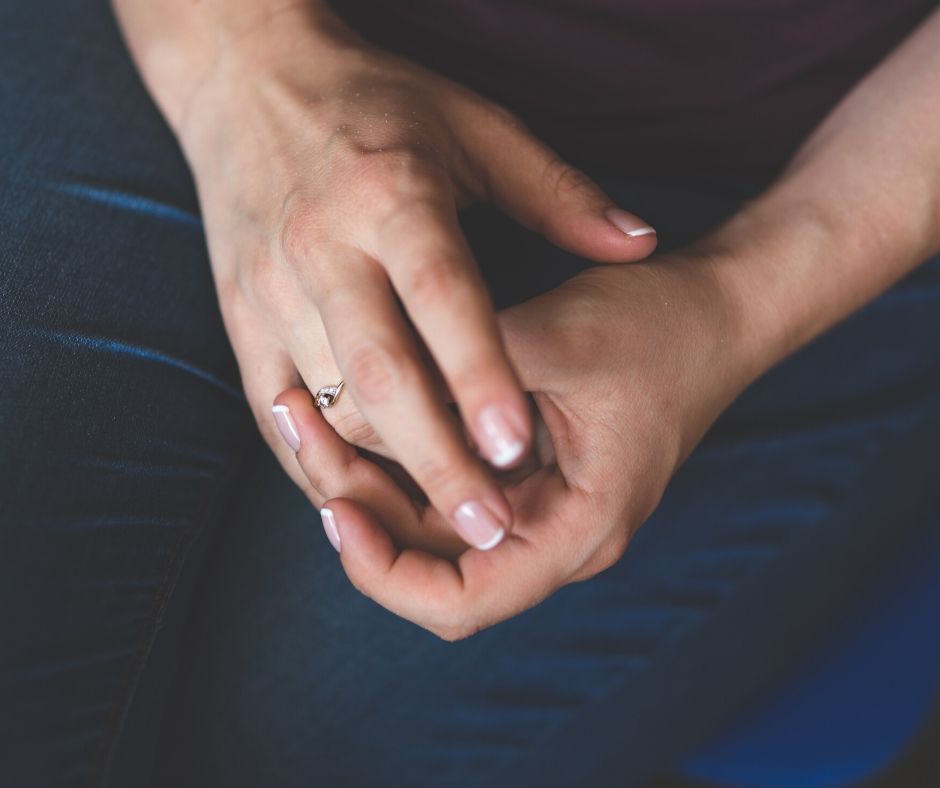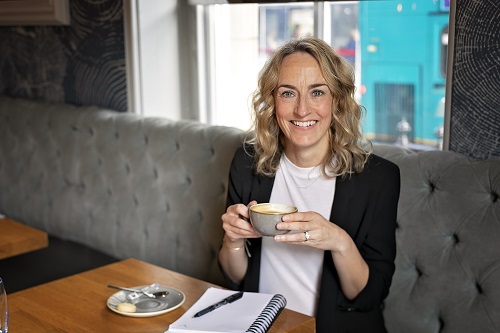
How To Move On From A Toxic Relationship – post by Dr Sarah Davies.
Recovering, healing and moving on from narcissistic abuse, coercive control and toxic relationships is first of all, absolutely possible. It is though, a process.
In the initial stages, many people are understandably in shock and actually quite traumatised by the various actions and words of their abusive partner or ex. It can take some time to emotionally process the experiences and to come to terms with having been in a toxic relationship.
One of the most important pieces of advice I can give to anybody in this position is to first of all be gentle with yourself. If you have been in a relationship with a narcissist or controlling partner, you’ve already been through enough.
Don’t add fuel to the fire by continuing to blame or be hard on yourself if this is the case. Often people I meet who find themselves in abusive relationships tend to be awfully hard on themselves.
‘Bullyish’ partners will usually have reinforced the idea that it is “you and your fault”, which only adds to the sense of responsibility, guilt and blame. That is not the case. Relationships involves two people so issues are rarely all just down to one person – two people play a part.
Here’s how to move on from a toxic relationship:
Let Go Of Any Fantasy That They May Change
Narcissists and abusers are deeply troubled people. This is not your fault. Nor is it your responsibility. Narcissism is a very difficult, deeply engrained personality characteristic to treat – even for the most highly qualified and experienced specialists.
You are not their therapist. It is not for you to try and change them. Many times, manipulative partners will make promises of change in order to keep the relationship going. If you recognise that the words and actions of a partner do not match up, then simply look to the actions. Actions speak louder than words. If things continue in a destructive, damaging or disrespectful way over time, it is unlikely to ever change.
Let Go Of Trying To Control Them
Sometimes, we can get trapped into a desperate sense of trying to control or be the one to change a partner. You do not have the power to change or control anybody else. More to the point, why would you want to?
The roots of this kind of dynamic actually often stem from earlier childhood experiences and it may be helpful to seek professional help with this.
There is no simple cure for narcissism. There is though, recovery following abusive relationships. Your recovery begins when you focus more on you and what you can do for yourself and your healing.
Take Responsibility
One of the most empowering things you can do following a difficult relationship or break up, is to take full responsibility for yourself, for your choices, for your recovery and for your life.
Learning to let go of any hope or desire that somebody else will rescue, fix or take responsibility for you can be difficult. It can also be one of the most important areas of personal growth that can come out of being through narcissistic abuse.
Often the relationship starts with the partner arriving like a knight in shining armour at a time of vulnerability in the first place. Being completely responsible for your affairs and your own well-being can offer protection from being in an abusive relationship again.
As this is about healthy boundaries, knowing what is your responsibility – and as importantly what is not – is key to recovery.
Try to focus on you and your recovery. Whatever your narcissistic ex does or doesn’t do, or is or isn’t doing is not within your control. And being overly concerned with that only keeps your focus and attention on something negative.
Practise gently bringing your focus back to you, your feelings, wants and self-care needs. Remember: too much focus on the narcissist is usually the issue in the first place.
Allow Yourself To Feel
Recovering from a psychologically abusive relationship can bring with it a whole roller-coaster ride of emotions and feelings. Anger, regret, sadness, confusion, grief, anxiety…
Gently give yourself space to feel your feelings. This helps you to be able to process all of your emotions related to your experience.
Go gently with yourself and become aware of taking care of yourself like you would a good friend or loved one. Be kind and compassionate. This can be difficult but this will get easier in time.
Get To Know Yourself
Use the time in recovery to really get to know yourself. I absolutely believe healthy relationships start with the one we have with ourselves. Enjoy a loving relationship with yourself first of all.
Learn to recognise your needs and wants, likes and dislikes; learn to love and care for yourself. Discover again what you enjoy.
What do you like to do? How do you like to spend your time? Is there anything you’d like to try that you haven’t done before? Or pick up old interests that you’ve lost along the way? Often our interests and hobbies can be lost in the midst of being with a partner who will likely want to isolate and stop you from doing the things that you enjoy, or seeing people that are good for you or benefit you.
It’s sadly one of the ways in which abusive partners gain control over time. Now though, can be the time to really reconnect with yourself in this way.
Bio
Dr. Sarah Davies is a Counselling Psychologist based in Harley Street, London, who specialises in helping people recover from narcissistic abuse as well as stress, anxiety and trauma.
You can read further practical steps in moving on from narcissistic abuse and toxic relationships in her book. ‘Never Again – moving on from narcissist abuse and toxic relationships‘.








